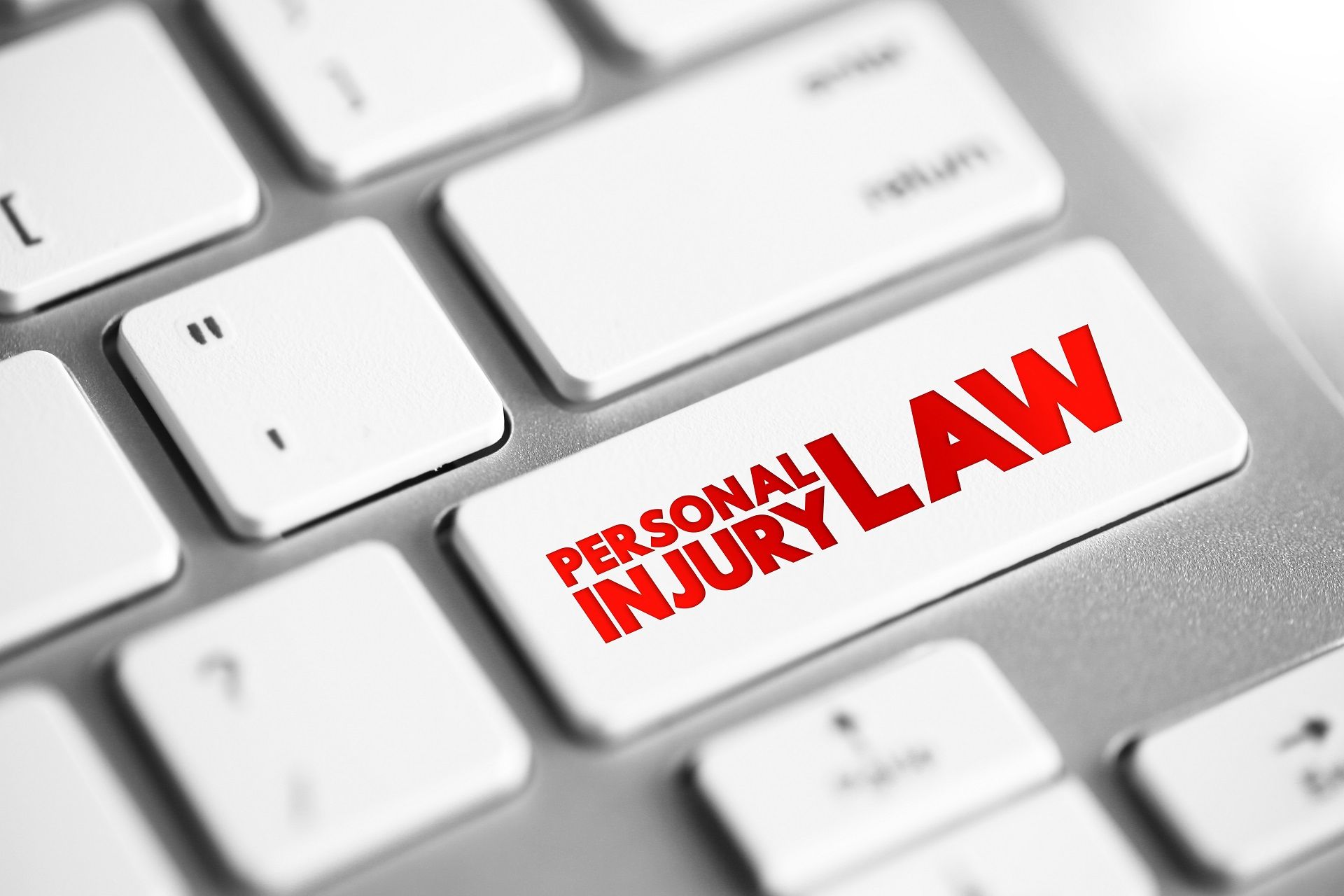How Is A Deposition Different From Trial Testimony?

If you’re in the middle of a personal injury case, you must have heard the term deposition being thrown around. If you’re not that familiar with legal proceedings, you most likely have no idea about depositions and their purpose in the case.
Many people assume a deposition is similar to trial testimony, strictly because both involve answering questions.
While that’s true, the purpose of these two
legal processes is quite different.
Continue reading to find out how is a deposition different from trial testimony.
What is a Deposition?
In simplest terms, a deposition is an interview in which the person being deposed answers questions from their and the opposing party’s attorney.
The inquiries that attorneys are allowed to make during depositions are very broad and can include seemingly unrelated questions. If you’re the one being deposed, you’ll have to answer each question, and since there’s no judge to decide whether an inquiry is unrelated to the case or is too broad, your attorney won’t be able to make effective objections.
Since they take place during the discovery stage of the lawsuit, you can think of a deposition as a purely fact-finding interview. Depositions, while an integral part of a lawsuit, aren’t the main part of the trial and they won’t occur in the courtroom. Rather, the deposition will most likely take place in the office of one of the attorneys.
Why are Depositions Necessary?
Before going over how is a deposition different from trial testimony, we have to go over the main reasons why they’re often necessary.
The main reason is that both sides are trying to learn as much information about the events that transpired, as well as why. For example, when talking about a personal injury case, the deposition is important to establish the facts of what occurred before, during, or after an accident. So in a sense, deposition is a rare opportunity for both parties to collect as much information as possible to prepare for the trial.
Another reason why attorneys often depose the main participants of the case is to preserve the version of the events of both the defendant and the prosecutor. Depositions will be introduced into the official record of the legal proceedings and will also be recorded and transcribed by a court reporter.
Thus, any information shared during the court testimony will be compared to what was said during the deposition - which ensures consistency or alternatively, indicates if one of the parties alters their earlier account of the event.
Main Differences Between Testimony and Deposition
While testimony will happen in front of the judge, deposition typically looks more like a casual conversation in an attorney’s office, as we briefly discussed.
In both testimony and deposition, you’ll be answering questions with the only difference being the process of questioning. If you get the opportunity to testify in front of the judge, you’ll be familiar with all the questions your attorney will ask, and you’ll also be instructed on how to answer.
A similar thing applies to answering the questions of the opposing party. While you may not be familiar with the exact order of the questions, or their wording, the attorney will instruct you on how to answer each of the possible questions.
While a deposition can be quite chaotic due to the seemingly random nature of the question, during a testimony, your attorney is allowed to object. The judge can then decide if you should answer the question or not.
Because of all this, the inquiries made at the trial will be narrower than during the deposition and will only be made in an effort to clarify or support a particular issue in the case.
What Does Your Attorney Do During a Deposition?
Now that you know how is a deposition different from trial testimony, it’s time we cover your attorney’s role in the proceedings.
During a deposition, you won’t be familiar with each question. While an attorney may not be able to object, having a legal representative present is a lifesaver in these cases. Walking in blind could be detrimental to your case and there’s a high chance you’ll be caught off guard by the other party’s legal counsel.
An attorney can help you thoroughly prepare for a deposition. Due to their experience, they may also be able to predict the line of questioning you are likely to accept. They’ll instruct you on how to answer these questions, how to handle stress, and most importantly, how you can avoid accidentally accepting legal responsibility for an issue covered by the deposition.
This is very important, as there is a high probability that the opposing party will ask questions that may be framed antagonistically and which are uncomfortable. By following your attorney’s instructions you’ll be able to stay on track, provide a clear question, and move on without any trouble.
Do Depositions Take Place in Every Case?
Generally speaking, a personal injury lawsuit requires a lot of preparation. For instance, attorneys may investigate the case, gather evidence and necessary documents, and take depositions well before the trial even starts.
Regardless of the fact depositions and testimony are important, in some cases they may not be necessary. In fact, participating in a deposition doesn’t necessarily mean your case will go to trial.
The majority of personal injury cases get resolved before going to court through a settlement, which can happen at any stage in the process, before or after a lawsuit is even filed. For instance, information revealed during the deposition may actually result in a settlement, and sometimes, deposition may push the case forward into litigation.
Hire an Attorney ASAP
Each case is different, and although you may not even go through a deposition, hiring an attorney helps you safeguard your interests. You also need legal expertise during negotiations, and going into a full-on personal injury case would simply be ludicrous.
Don’t leave anything to chance and hire an experienced personal injury attorney straight away, you’ll be thankful later.
RECENT POSTS
CONTACT US
We will get back to you as soon as possible.
Please try again later.
Evaluation Request
Contact Us
We will get back to you as soon as possible.
Please try again later.
Contact
Contact Us
We will get back to you as soon as possible.
Please try again later.
All Rights Reserved.
This website is managed by Oamii.







